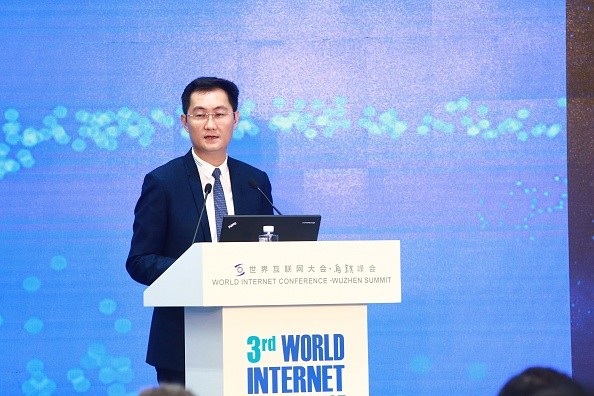China's cybersecurity law has earned the support of the country's two tech giants--Alibaba Group Holding Ltd. and Tencent Holdings Ltd.--amid criticisms from rival foreign tech firms, Reuters reported.
At the third World Internet Conference organized by China's Internet regulator, the two tech giants called on the public and private sector to unite against the rising threats to cybersecurity, which has disrupted the financial systems and spur online terrorism.
China's new law imposes broad restrictions on tech firms doing business in China, which aims to prevent terrorism and foil cybersecurity threats in critical industries. The government, however, clarified that it was not aimed at foreign businesses.
But foreign business and technology groups claimed that they have become targets of strict surveillance measures and local data storage requirements.
According to analysts, the websites and apps of both Alibaba and Tencent have a large user base and the law has minimal effect on the way their data were stored.
"This marks a step forward for China. We are asking Tencent professionals to learn from these regulations," Yang Peng, director of Tencent's Executive Committee for Information Security, said during the conference.
According to critics of the cybersecurity law, China has extended its influence over global technology, with greater power to control and censor online information.
Alibaba has about 3,000 people assigned to monitor online security, and the company is "working with law enforcement" to curb malicious content, Yu Weimin, Alibaba's vice president, said.
"With all this technology together we can win the war on terrorism," Yu added.
Meanwhile, Yang said that Tencent removed about 80,000 video clips from the site this year and it is working within the law to further clean up their content.
Cybersecurity became a major issue with regulators across the world when hackers stashed away $81 million from the Central Bank of Bangladesh via SWIFT, the global financial messaging system.
China's online payment sector is dominated by both Alibaba and Tencent, which offer services from bill payments to money transfers, through their online payment platforms.
"Big Internet companies are the ones with the means to fight cyberterrorism, which is why we need more cooperation between the private and public sector," Alibaba's Yu said.



























